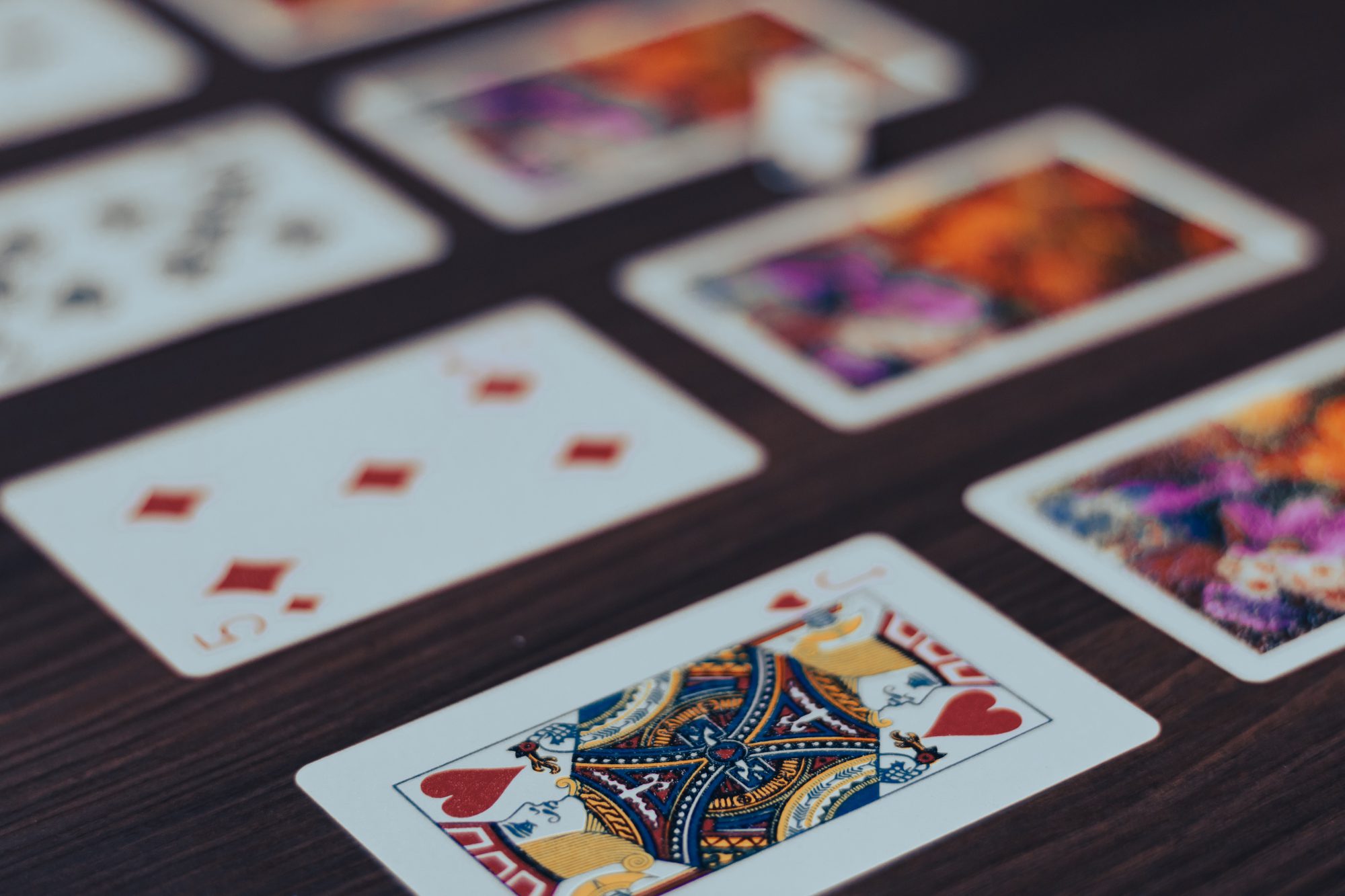You’ve undoubtedly seen poker sequences in a number of famous movies. The heroes exchange careful glances, attempting to decipher one other’s motives and estimate what cards they have. Unexpectedly, an outsider who has lost the majority of his games and is determined to recover his money back doubles his stakes. Is he faking it? Or does he really have a winning combination? It all comes down to psychology, and there is no doubting that understanding people’s brains may help you win any poker game.
The major source of such information is people’s facial expressions. Some players can efficiently mask their feelings, yet even the lack of expression is a minor indication. But keep in mind that you are not the only one who is observing others; they are also watching you. According to research, individuals make the majority of their poker judgments based on their opponents’ facial expressions. Here’s when bluffing comes in handy: portray your sorrow while holding a fantastic combination, or act pleased over almost losing your bet. Try to seem “trustworthy” so that fewer opponents suspect you are bluffing, and never accept what you see while looking at other people’s faces. Poker is a game of minds consisting of tactics and techniques, and its psychology is what distinguishes it from other gambling card games.
Last but not least, don’t take things too seriously at home games! Psychology knowledge may be useful, but it completely destroys the cheerful ambiance of a fun poker night with pals.

